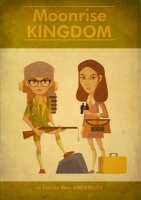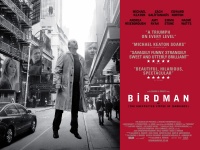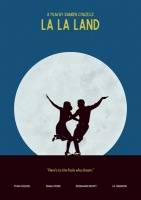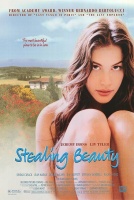
Miranda: I decided I had to get rid of it one summer before school. I ended up doing it with the same guy my best friend did it with. He was the local... deflowerer...
Christopher: I remember that guy! Oh Miranda, he was repulsive!
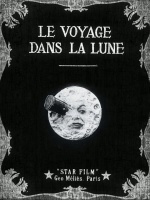
A Trip to the Moon is a 1902 French silent film directed by Georges Méliès. Inspired by a wide variety of sources, including Jules Verne's novels From the Earth to the Moon and Around the Moon, the film follows a group of astronomers who travel to the Moon in a cannon-propelled capsule, explore the Moon's surface, escape from an underground group of Selenites (lunar inhabitants), and return with a splashdown to Earth with a captive Selenite. It features an ensemble cast of French theatrical performers, led by Méliès himself in the main role of Professor Barbenfouillis, and is filmed in the overtly theatrical style for which Méliès became famous...
A Trip to the Moon was named one of the 100 greatest films of the 20th century by The Village Voice, ranked 84th.The film remains the best-known of the hundreds of films made by Méliès, and the moment in which the capsule lands in the Moon's eye remains one of the most iconic and frequently referenced images in the history of cinema. It is widely regarded as the earliest example of the science fiction film genre and, more generally, as one of the most influential films in cinema history.
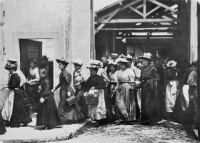
The film consists of a single scene in which workers leave the Lumière factory. The workers are mostly female who exit the large building 25 Rue St. Victor, Montplaisir on the outskirts of Lyon, France, as if they had just finished a day's work. It was filmed by means of the Cinématographe, an all-in-one camera, which also serves as a film projector and developer.
The film was shown on 28 December 1895 at the Grand Café on the Boulevard des Capucines in Paris, along with nine other short movies. As with all early Lumière movies, this film was made in 35 mm format with an aspect ratio of 1.33:1, and at a speed of 16 frames per second. At that rate, the 17 meters of film length provided a duration of 46 seconds, holding a total of 800 frames.
Three separate versions of this film exist. There are a number of differences between these, for example the clothing style changes demonstrating the different seasons in which they were filmed. They are often referred to as the "one horse," "two horses," and "no horse" versions, in reference to a horse-drawn carriage that appears in the first two versions (pulled by one horse in the original and two horses in the first remake)...
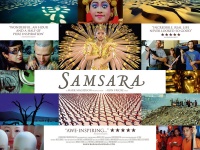
The official website describes the film, "Expanding on the themes they developed in Baraka (1992) and Chronos (1985), Samsara explores the wonders of our world from the mundane to the miraculous, looking into the unfathomable reaches of humanity's spirituality and the human experience. Neither a traditional documentary nor a travelogue, Samsara takes the form of a nonverbal, guided meditation...

Leonard Zelig: I'm 12 years old. I run into a Synagogue. I ask the Rabbi the meaning of life. He tells me the meaning of life... But, he tells it to me in Hebrew. I don't understand Hebrew. Then he wants to charge me six hundred dollars for Hebrew lessons...

Warren: Jeez, last seen springs on motorcycle had to be in the 1920s.
Burt Munro: Well, she's 42 years old.
Warren: These brakes, they're completely inadequate.
Burt Munro: I'm planning on going, not stopping...
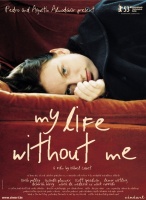
THINGS TO DO BEFORE I DIE:
1. Tell my daughters I love them several times.
2. Find Don a new wife who the girls like.
3. Record birthday messages for the girls for every year until they're 18.
4. Go to Whalebay Beach together and have a big picnic.
5. Smoke and drink as much as I want.
6. Say what I'm thinking.
7. Make love with other men to see what it's like.
8. Make someone fall in love with me.
9. Go and see Dad in jail.
10. Get false nails. And do something with my hair...
